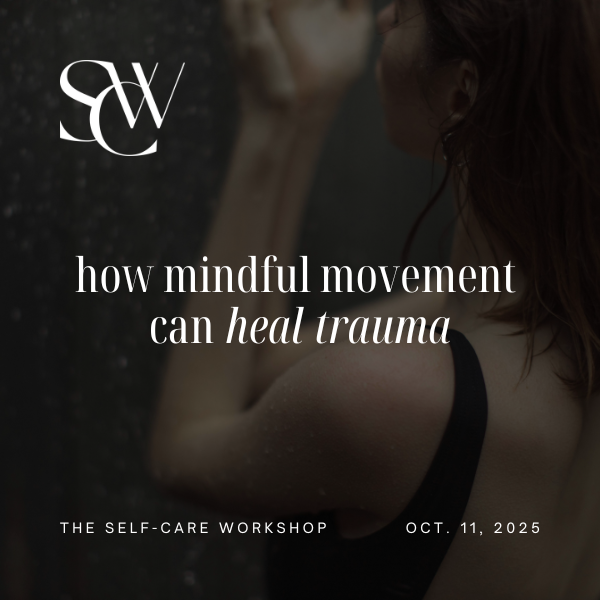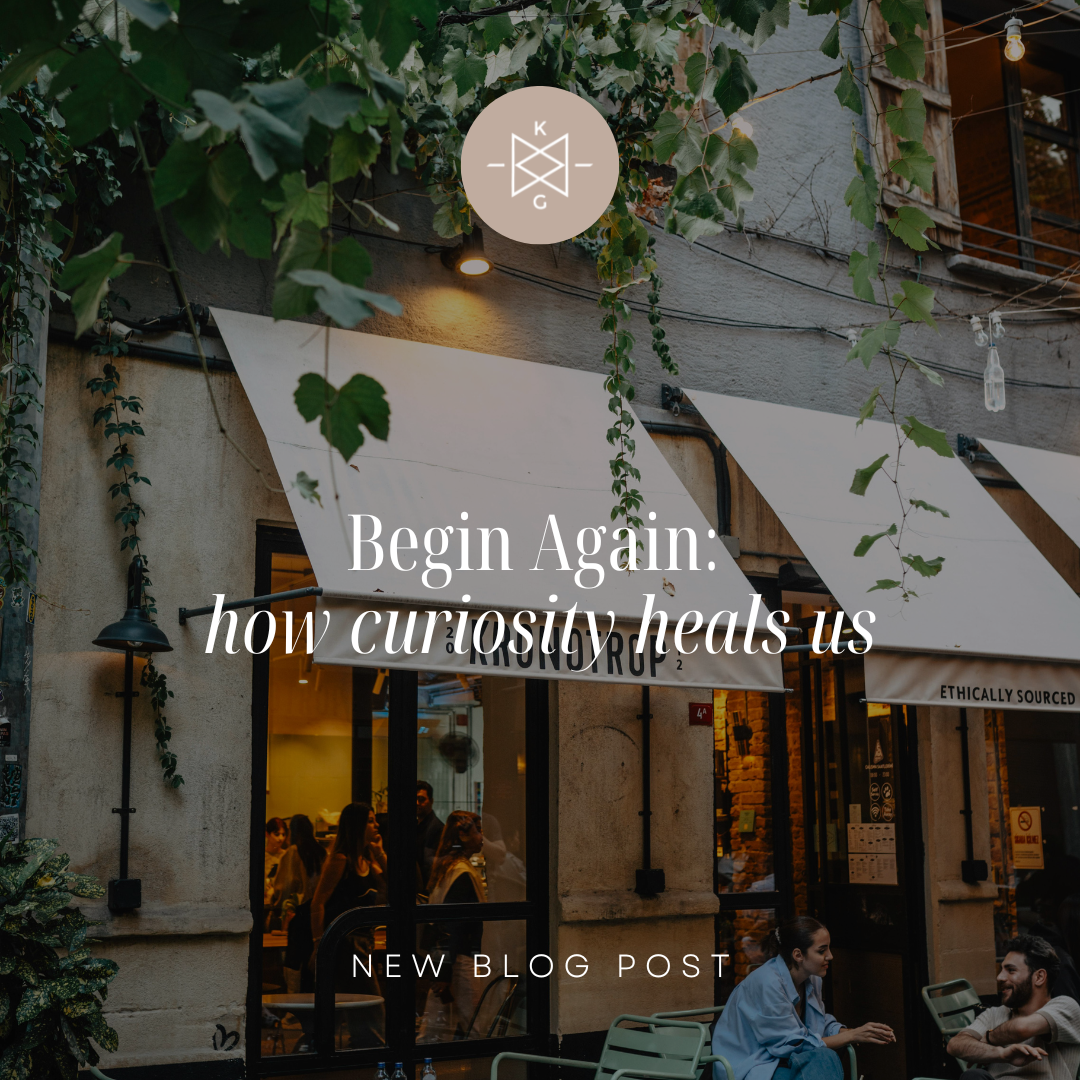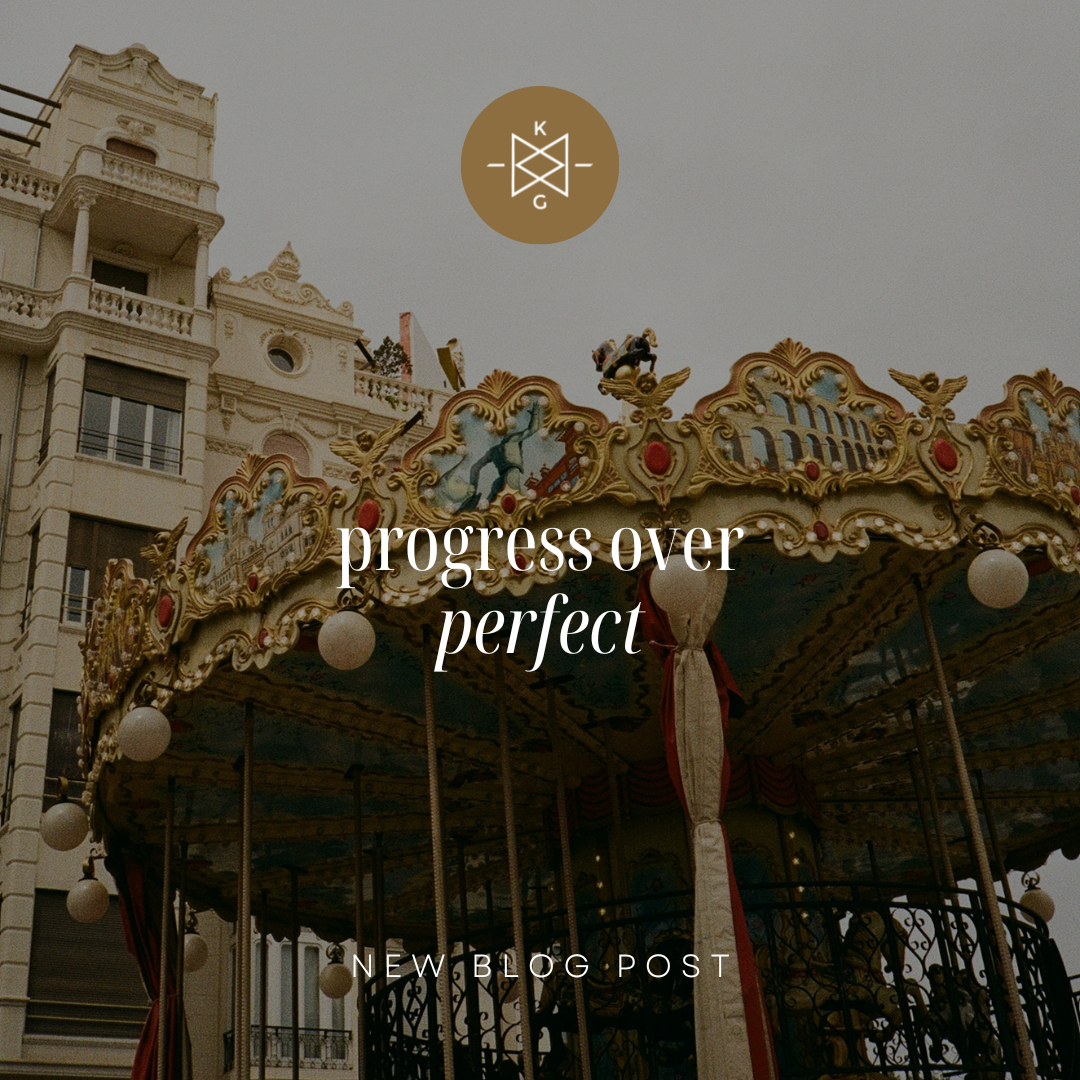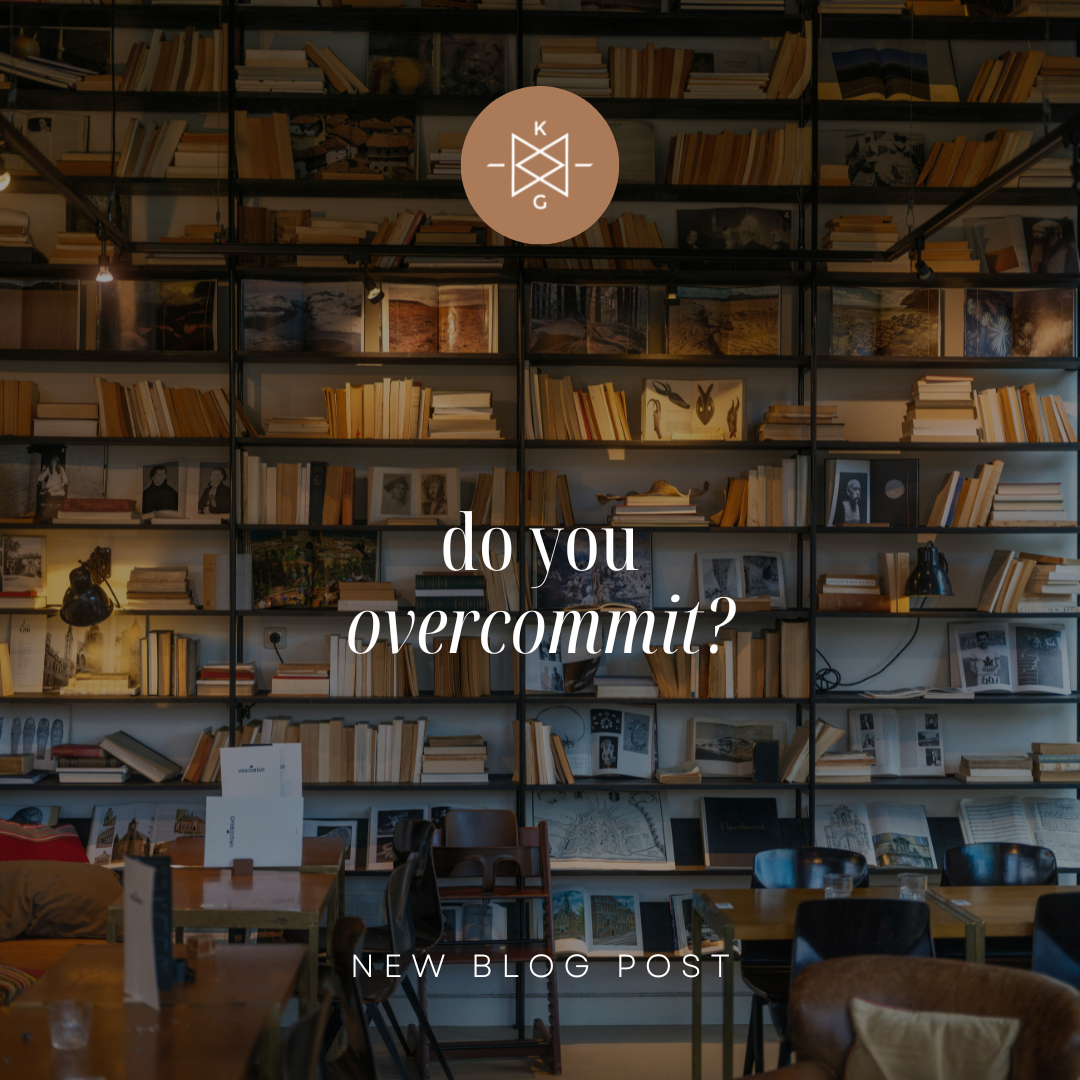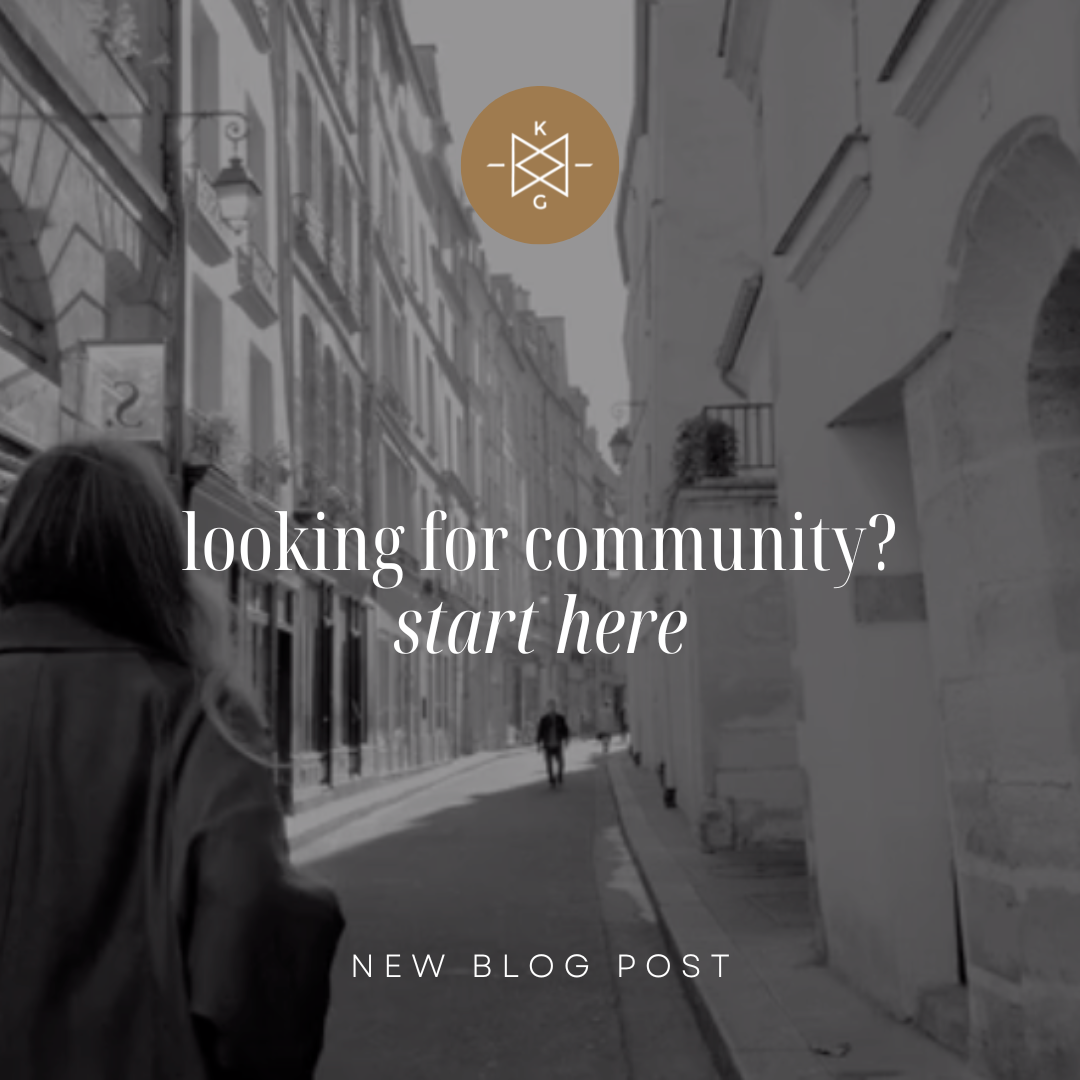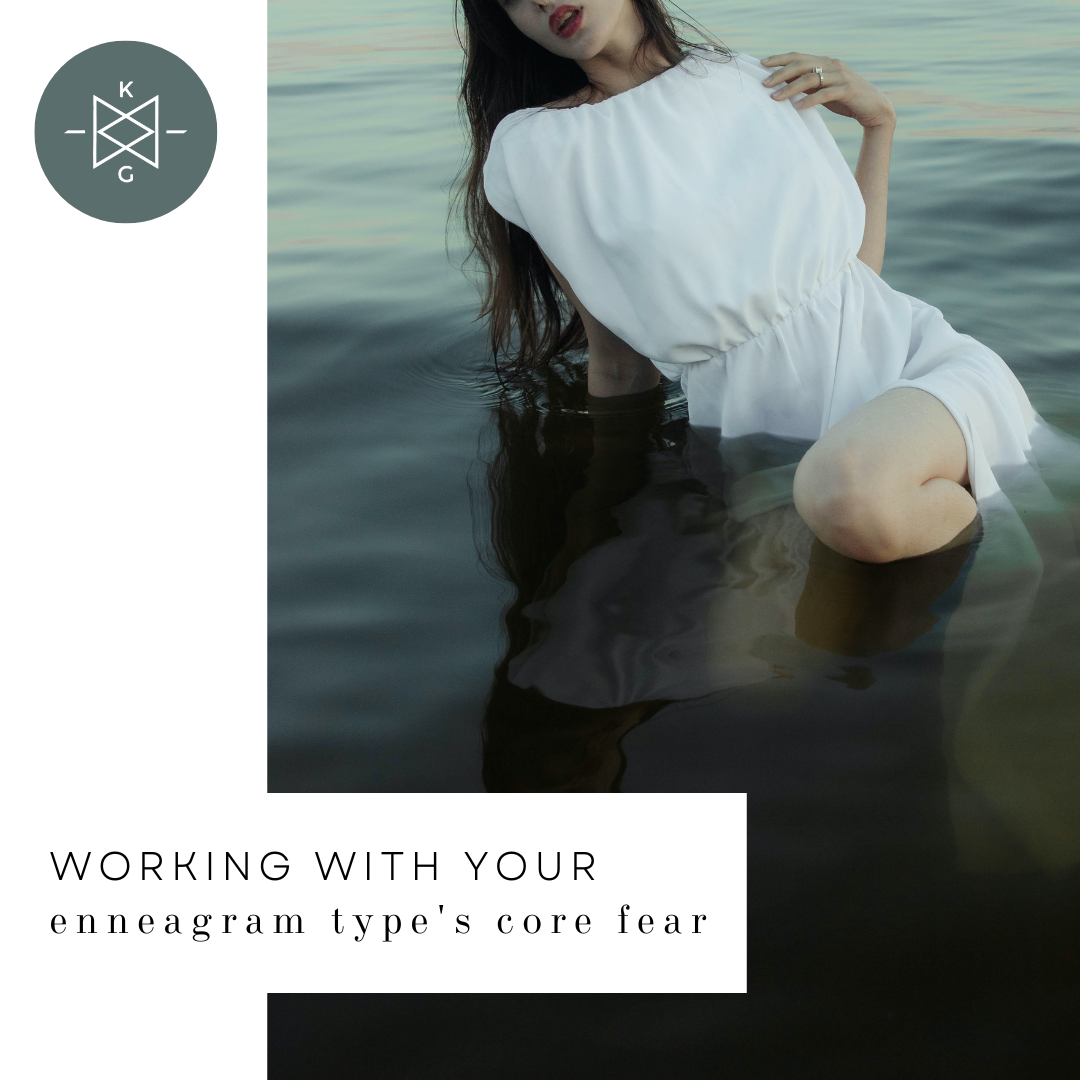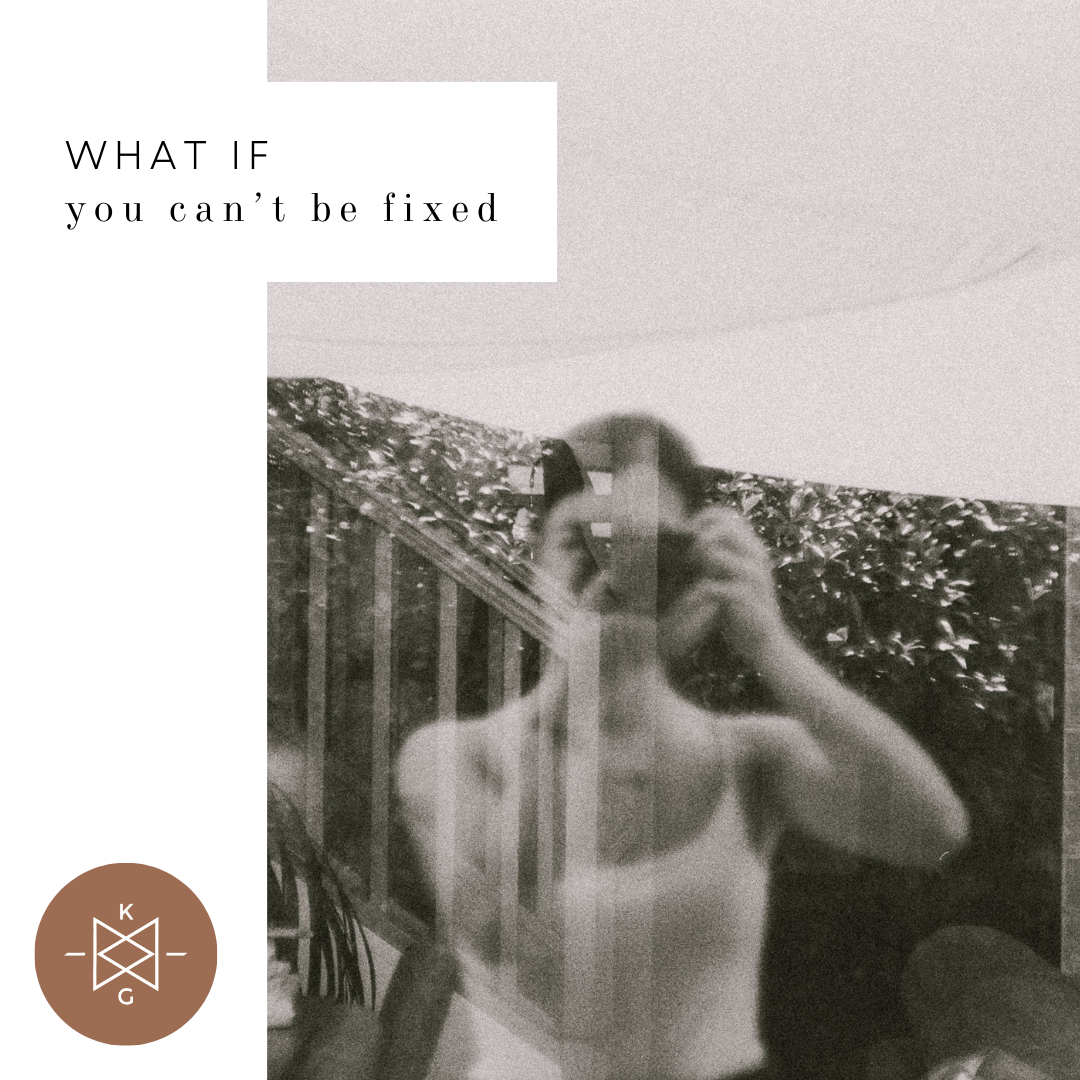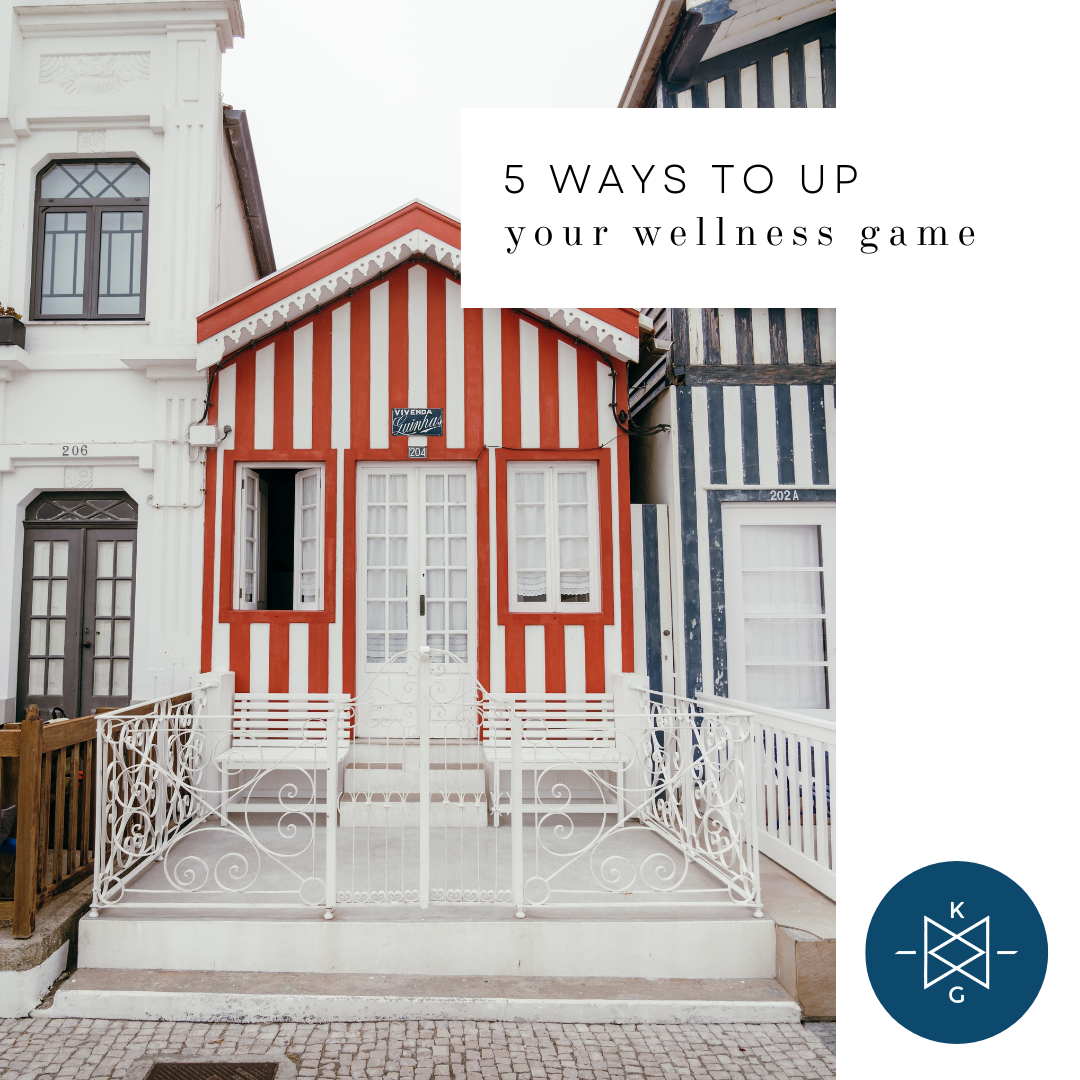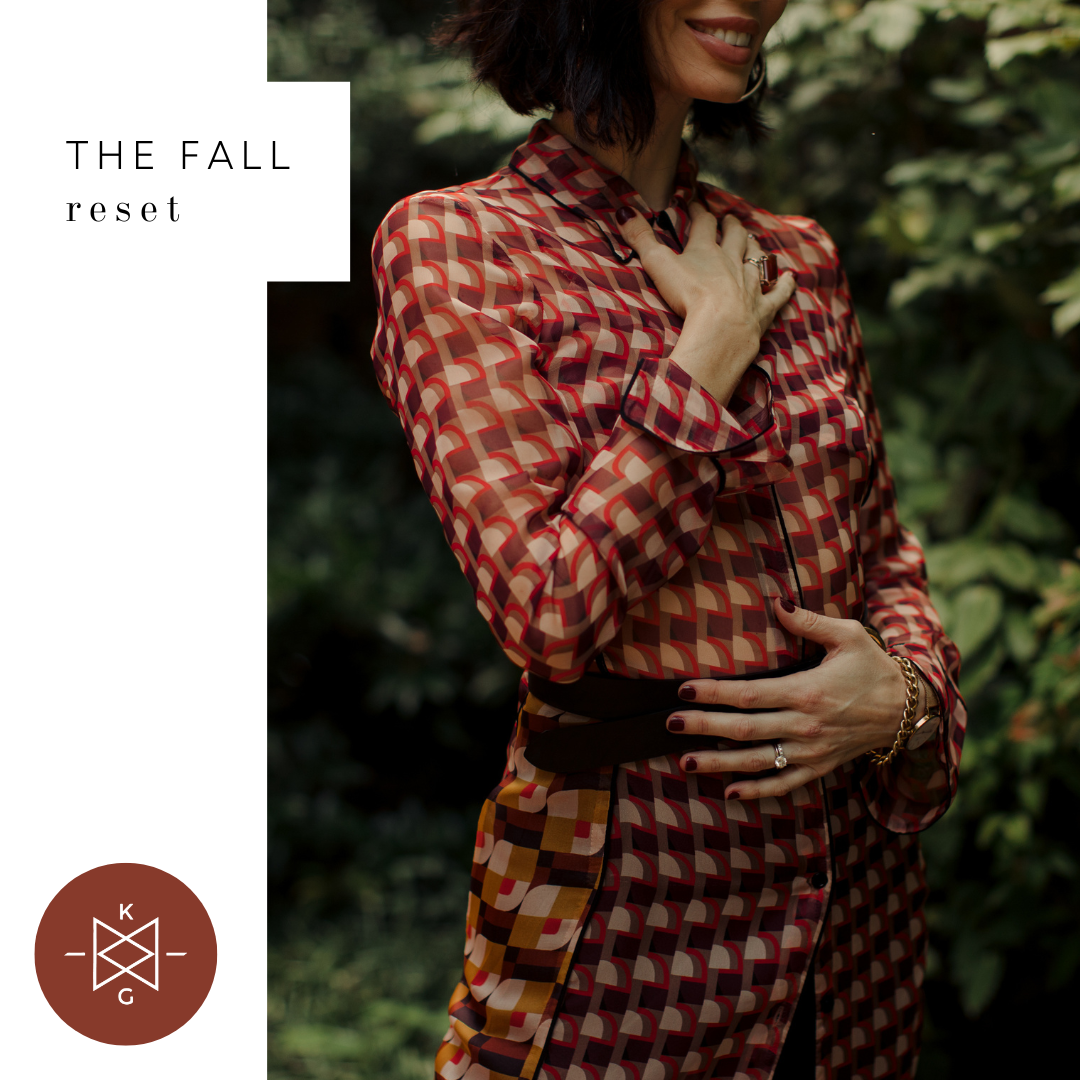
The Blog
Recently Featured
All Blogs
Working with Your Enneagram Type's Core Fear
“…But trailing clouds of Glory do we come
From God who is our home:
Heaven lies about us in our infancy… “
-William Wordsworth
What a lovely picture Wordsworth paints. We come into this world as open, vulnerable, innocent, and curious souls. We come full of goodness, devoid of shame. Ah, but it doesn’t take long to discover this world and its inhabitants are highly imperfect. We quickly learn in our early years that we are not entirely safe and must act to self-protect and get our needs, basic and developmental, met by the important people around us. The “glory” starts to dim. This is the making of our little personalities. And they’re brilliant! Yet not ultimately helpful in adulthood.
And here’s the kicker: these patterns of strategy are built around fear born out of specific childhood wounds. We all have them. Some are more benign than others, oh but it’s there alright.
The Enneagram teaches there are nine core patterns of personality in the world (27 if you count subtypes!). You and I gravitated towards one in particular in early childhood based on the landscape of our early life experiences. These personalities are incredibly helpful for sniffing out and avoiding anything that may remotely remind us of our childhood wounding. After all, human beings are wired for survival, and our neurobiology and personality patterns are the most effective ways to do just that and stay safe.
I recently sat down with Kelly Henderson for really special conversation on her podcast, Velvet’s Edge. In honor of Halloween, we talked in depth about how to work with your Enneagram type’s specific core fear. I’d love for you to check that out.
Today, I wanted to give you a basic understanding of each Enneagram type’s core fear. If you are unsure of your type, these will also bring more clarity to you as you identify with the your unique experience of fear throughout the years.
Let’s dive in.
Type One’s fear being bad, corrupt, and ultimately unworthy. Often, you hear type ones describe a difficult experience where they were publicly embarrassed, called out, or humiliated. As Improvers, they learned early on how good it felt to do the right thing and behave according to the rules. As a result, they have unrealistic high expectations of themselves and others and often feel trapped by their loud inner critic and perfectionistic tendencies.
Type Two’s fear being unloveable. Early on, they had a love need that didn’t get met, and they spend their time and energy ensuring connection with others in relationship, often engineered by giving and helping. As a result, they live their lives asleep to their own needs and desires and often only know themselves in relation to other people.
Type Three’s fear failure and being without value. As a result, they are driven to success at all costs. Early on, they garnered love and acceptance through their impressive achievements which gave them their sense of worth and value. They learned to turn off their emotions and disconnect from their true selves in order to get the job done and look good doing it, often becoming deceitful to self and others.
Type Four’s fear being deficient and ultimately rejected or abandoned. Many fours describe an early actual or perceived experience of loss of love—and as a result—abandonment or deprivation. The story they make up in their head is that somehow they caused this. So they spend a great deal of time and energy focusing on how to somehow reverse this with the ideal relationship or situation. This normally always involves being seen as special and unique. In the process, they can become self-absorbed, hot-and-cold, and chronically melancholic.
Type Fives fear being useless, incompetent, and helpless. Their early experience often involves being neglected or engulfed by caregivers whom they needed in order to survive. They were somehow unaware and unresponsive of their needs which forced little fives to go inward, detatch, and hold onto the little they had. Their survival came from their ability to acquire knowledge and understanding as well as their self-sufficiency. In the process they became emotionally and physically cut-off from the world and often stingy, both emotionally and practically.
Type Sixes fear being without support and guidance. As little people, they often describe being in threatening ongoing situations and as a result, they developed a belief that the world was a dangerous place. The prototypical “fear” type, sixes focus their time and energy on safety and security as well as feeling supported. As excellent problem solvers, sixes can often become real problem seekers and worst-case scenario thinkers.
Type Sevens fear being trapped or in pain. Young sevens often describe a difficult relationship with one parental figure (often maternal) that was overbearing, stern, and dominant. (Can also work the other way with the paternal caregiver.) Based on this early experience, they believe that authority equals limitation, and much like eights, despise being told what to do. As a result, they like to keep things open and exciting with lots of options. In the process, they can become scattered, disconnected from reality, and unable to integrate the normal pain of life into their experience.
Type Eights fear being weak or controlled by others. Many eights describe a combative or conflict ridden early childhood where they had to grow up fast in order to survive. They had to disconnect from their childlike innocence because of a lack of protection of some type of deprivation. As a result, eights avoid weakness and being controlled by others at all cost and can be experienced as dominating, excessive, and overly impactful.
Type 9’s fear loss or disconnection. They often describe an early experience where their opinions didn’t matter or weren’t heard. Perhaps their were others who had louder voices or opinions, or they were overlooked somehow. So in order to feel calm and secure, they went along with what others wanted. Through this experience of being overlooked or overpowered, they become expert in accommodating the needs, desires, and agendas of others. As a result, much like two’s, they become overly dependent on others and feel that their presence in the world doesn’t matter.
Which type’s core fear speaks the loudest to you?
Walk This Way! New walking meditations just dropped
“Life is movement. The more life there is, the more flexibility there is. The more fluid you are, the more you are alive.“
-Arnaud Desjardins
I hear it often, “meditation isn’t really for me. I can’t seem to sit still that long.”
I get it. It’s hard to pin me down in the same place for more than ten minutes (especially with a toddler.)
And while I do feel there is such value in truly taking time to sit in stillness with ourselves and our experience, I believe there are many ways to get the benefits from meditation.
The truth is, there are many paths to presence.
That’s what I’m so thrilled to share newest member of the Practice with you today: walking meditations—the beautiful marriage of movement and mindfulness.
Here’s the backstory:
I created The Practice, an Enneagram-based self-care toolkit, for monthly members to take advantage of and learn how to put the Enneagram to work in their lives and practice specialized self-care in the process. After all, the Enneagram is a holistic tool, mind-body-spirit.
It’s been an absolute blast creating content from week to week and the community that’s developed over the course of a year has been truly invaluable. However, I felt there was something missing.
I’m convinced physical movement is central to our personal growth and healing. If there was one form of self-care I simply couldn’t live without it is daily mindful movement…or is it meditation? Oof!
So I began to ask myself, “how can I provide a way for members to be more efficient in their self-care, killing two birds with one stone: meditation and movement?”
You guessed it, walking meditations, my guided meditations over vibe-y, inspirational music written and produced by some of my favorite musicians and writers in Nashville. We started building out these tracks two years ago and have been gradually releasing them to the Practice dashboard for you.
We will be releasing new walking meditations each month on the Practice for you to take with you to your favorite hiking and walking trails in order to move with greater intention and presence, creating more space to process emotions and connect to nature. I think you’re going to love them. I sure do.
Join the Practice today and get moving!
What if you can't be fixed?
“The biggest reason most people aren’t more self-compassionate is that they are afraid they will become self-indulgent. They believe self-criticism is what keeps them in line.
-Dr. Kristin Neff
I had it all wrong.
I thought if I could do self-help perfectly, I’d be well on my way to confidence and a sense of personal freedom. If I could will myself into the knowledge and experience of self-love and acceptance, I’d have arrived. There might even be a red carpet and some Valentino couture involved.
After all, I used perfectionism to my advantage for years, why stop now? Why not transfer that buttoned up effort to the pursuit of self-acceptance and love. With just enough muscle, I knew I could fix her.
Spoiler alert: no matter how many affirmations or bubble baths or self-help books are had, the “am I enough?” ballot’s still out.
Oh, I went gangster with it, too—you know, the “fixing homework.”
I’d recall all my limiting beliefs about myself, write them down, cross them out, and slap ruby red lipstick on them—with feeling.
“I’m unloveable.”
Er…I mean:
“I’m the greatest thing since (gluten-free) sliced bread and have every reason to deserve love now.”
Sounds more like an SNL sketch to me. It also sounds reactionary and surface-level, not genuine or believable.
Good news!
You’re not meant to be fixed; you’re meant to be understood.
We can’t will ourselves into loving relationship with ourselves, or anyone else for that matter. Humans aren’t math equations. We’re messy, complex, and perfectly imperfect.
The self-esteem quick fix is much like pumping a poor chicken chock full of toxic hormones to go further at your local Publix. It may seem full of juicy possibility in the moment, yet it probably has long-term health concerns.
So why doesn’t self-esteem work?
Because it’s based on the way we view ourselves to the degree with which we like ourselves. Sounds benign, right? Sure, until circumstances change. What happens when we fail to get that promotion, call back, book deal—or can’t get the weight off?
The temporary illusion of self-esteem takes a nosedive into a muddy puddle of shame.
Typically, if we depend on circumstances to prop up our self-worth, there’a hard and unexpected fall coming just around the corner.
There’s more.
Self-esteem can be divisive in an effort to “one-up” those around us. Let’s revisit our earlier limiting belief turnaround. If I replace it with a pep talk that tells me “I’m the greatest thing around,” I’m puffing up my ego (which operates from a place of shame instead of belonging) and pitting myself against the world in an effort to prove myself, not lovingly be with myself.
So, what’s the solution? If I can’t perfect self-esteem, what am I supposed to do?
Ten years ago, I picked up a book called Self-Compassion: The proven power of being kind to yourself, by Kristin Neff. It has changed the way I relate to myself and others on every level. It’s also called me into a more caring dialog with myself as opposed to the harsh, striving one that’s been so violent and intrusive for decades.
Rules without relationship breed rebellion.
If I’m constantly inflicting rules on myself instead of trying to relate to myself, I’m on the fast track of self-sabotage.
Self-compassion is relational, not circumstantial. It’s based on the awareness that the human condition is frail at best yet capable of resilience.
Self-compassion is cultivated like any relationship—over time. It fills in all the holes self-esteem leaves gaping. When we fail to live up to our expectation, self-esteem prompts two extremes: negative self-talk or puffed up ego, (even…gasp…narcissism).
This is not the case with self-compassion. It comes flooding in when our insecurities, flaws, and shortcomings stare us back in the mirror.
Most importantly, self-compassion binds us together in the reality of our human experience. It doesn’t divide, puff up, or need to isolate. We see ourselves through the lens of “imperfect—yet still enough.”
When that brutal inner critic pipes up, self-compassion says, “Hold on. I see you. I understand your pain. And I am here with you.”
Her voice is firm and tender.
She doesn’t wait on the clouds to pass or the proverbial sun to shine. She speaks her truth in the broken moments. You’ve known her cadence a long, long time. Then you met fear. It drowned out the love.
You know what?
Your birthright is love, not fear. Just as you learned scarcity’s luring language, you can also unlearn it. Birds don’t soar because of effort or willpower. They do so by surrender—and risk.
It’s time to work with—not against—the choppy current of life’s wind.
Alone? Not in a million. You’ve got a bold little guide waiting inside to illuminate the path. She was born ready.
5 Ways to Up Your Wellness Game
“Life starts all over again when it gets crisp in the fall.”
-F. Scott Fitzgerald
Fall is undoubtedly my favorite season. I feel a bit like Mr. Fitzgerald in that life seems to offer a second, and equally romantic, Spring, or new beginning when early October rolls around. Yet I’m also well acquainted with the struggles and temptations that come along with the changing seasons. The days get shorter, schedules mount up, self-care tends to wane, and I often feel a dank, subtle chill of loneliness sneak in.
Have you struggled much with seasonal depression?
I have…big time. That said, I’ve learned the hard way how vital it is to intentionally manage expectations and routines in order to stay connected to daily hope and healing. In light of this, I like to send out a Fall Edition of sorts—full of new ideas and opportunities to stay on top of our self-care game as we head into the coming months. If you follow fashion, it’s a bit like that thick, bounding, September Vogue edition boasting fall’s most delicious offerings. Pure magic.
This year, I’m more excited than ever to explore some new opportunities to connect to yourself and your community in life-giving ways.
All too often we’re tempted into autopilot—that sleepy trance of contained chaos—and end up just going through the motions. I don’t know about you, but I want to feel alive and awake in my experience this fall, savoring each moment like a gift—or that inaugural pumpkin spice latte.
Here are a few ideas to support you in this pursuit. I think you’ll find something you can enjoy despite the hectic demands of the season.
1) Enneagram Mastermind: Do you long for greater sense of community? New friendships? Do you want to better understand yourselves and your relationships? Do you want to take your enneagram understanding to the next level? Do you desire a safe place to share some of your story? Do you want to unlock personal and professional opportunities? Do you like the idea of group therapy, but over a delicious lunch?
I know, that was a LOT…however, if you said yes to any of the above, you would LOVE my new Enneagram Mastermind group that is just getting started! It’s the perfect blend of deep connections, learning, fun, beautiful hospitality, and sharing sacred space as we move through an 8 month curriculum I’ve built specifically for this experience. Click here to sign up!
2) Body Work/Massage: Something I’ve become far more focused on in my practice as a therapist and my personal healing and development is the body. Throw in a cancer diagnosis and it took things to a whole new level. I have found such power in body work alongside psychotherapy. Some call it massage, and that’s fine too. However, my favorite practitioner, Anna Jenkins, of Crieve Hall Massage is truly a healer. After putting my body (and emotions) through so much during two years of surgeries and treatments, I’ve come back to doing regular work with Anna and it has been a game-changer. Her intuitive and cliented-centered approach to body work is vital for ongoing processing of emotion, stress, and the tightly wound ways in which we carry ourselves in this modern world. I can’t recommend her enough!
3) Walking Meditations: Do you love the idea of meditating but find it hard to show up? Maybe you’ve always thought you’re not the meditating type. I get it. Sitting is not my favorite, but the benefits of a mindfulness practice are undeniable. That’s why I created walking meditations for the Practice, my Enneagram-based self-care toolkit. They are a quick and supportive guide to literally move you through meditations if you’re on the move or love this fall weather like I do. Check them out by signing up today!
4) Infrared Sauna: Need a detoxification boost? I always do! Immunity is a whole new ball game for us as a world today! That’s why I swear by infrared saunas. If you’re in Nashville, you must check out Pure Sweat Sauna Studio. Pure Sweat Sauna Studio is a space for wellness, rooted in community and connection, offering state-of-the-art, full spectrum, infrared saunas.
Acclaimed by the world’s leading health experts, elite athletes, and people just like you, Infrared Saunas deliver an abundance of clinically tested and research-based health and healing benefits, including detoxification, pain relief, weight loss, reduced inflammation and deep, mental + physical relaxation. I always feel lighter leaving the sauna!
5) Breathwork: Breathwork is an active meditation technique that facilitates powerful emotional+energetic release. It can change emotional default settings, lifetime patterns of depression, anxiety and addiction, connect you to your intuition, and open your heart to increased gratitude and self-love. It is an efficient and effective way to emotionally detox. We receive 90% of our daily energy from breath alone and 70% of our bodily toxins are meant to be discharged through breath. What are the benefits?
Releases tension and everyday stress that makes you feel anxious, burned out, and overwhelmed
Creates a renewed sense of vitality
Supports healing on all levels—physical, emotional, mental, and spiritual
Brings balance to your life, allowing you to tap into your inner peace and joy
As the energetic blockages are cleared, you are able to manifest what you want in your life effortlessly
Leaves you with a deeply relaxed and calm state of being
Breathwork engages the nervous system to release tension and distress that negative thoughts and traumas cause in the body. Over time, healthier new neural pathways are developed and the nervous system is re-calibrated to bring optimal well-being.
For more info or to book a Breathwork session, contact the lovely Sarah Richey and take your wellness journey to a whole new realm.
The Fall Reset
“Almost everything will work again if you unplug it for a few minutes, including you.”
-Anne Lamott
This week, we dive into the Fall Reset, a quarterly health reset week as part of the Practice, my Enneagram-based self-care membership program. Let me give you some backstory.
I’ve always considered myself healthy-ish. My relationship with food and exercise started early. Around 9-years-old, I began running and writing as a way to process big, unruly emotions that felt overwhelming at the time.
Guess what? It helped. Big time.
I’ve always considered self-care to be about doing things that promote our truest, most alive expression. All those little things that create a life we don’t want to escape.
It’s no accident that still, to this day, my life and work are very focused on helping others access this for themselves as a therapist, Enneagram teacher, and creator of the Practice. I firmly believe how we treat ourselves, both physically and emotionally, has massive impacts on the whole trajectory of our lives.
I also believe it is why I fared so well through my cancer journey. For all intents and purposes, those two years of surgeries, chemo, doctor visits, and side effects were far more palatable than most stories of cancer survivors. In fact, I remember at one of my follow-up oncologist appointments, I asked my doctor how many people go through what I’ve just gone through and have a similar, positive experience.
Her response? 1%
I was floored.
She commented that my attitude, faith, physical strength, and good health played a massive role in those odds.
Now that I’m on the other side of the bulk of that trial, I’m more passionate than ever to really nourish and care for myself, body, mind, and spirit. In fact, I’d love for you to continue to join me on this path.
Every season, I lead a Health Reset because just like Anne Lamott said, “sometimes we all need a little time to unplug and refresh.”
My dearest friend, Anna Watson Carl, author of The Yellow Table Cookbook, designs an incredible, healthy, flavorful menu along with a shopping list to take out all of the guess-work.
This is meant to be a restorative, life-giving week, not a restrictive one. I’ll provide the guard rails, you can choose your speed. Those guardrails will be gentle, so as to add in plenty of rest, movement, and vibrant, whole foods. Sure, I’ll be taking out some of the fun stuff like dairy, gluten, sugar, and alcohol, but there will be plenty of delicious options to take their place. And again, you choose your pace.
Half-way through the week, we’ll hop on a 30-minute call and see how everyone’s doing ;) It’s so much easier to do this stuff in community, right?
If you’re not a member of the Practice, I’d love for you to join and be a part of this exciting new offering!
